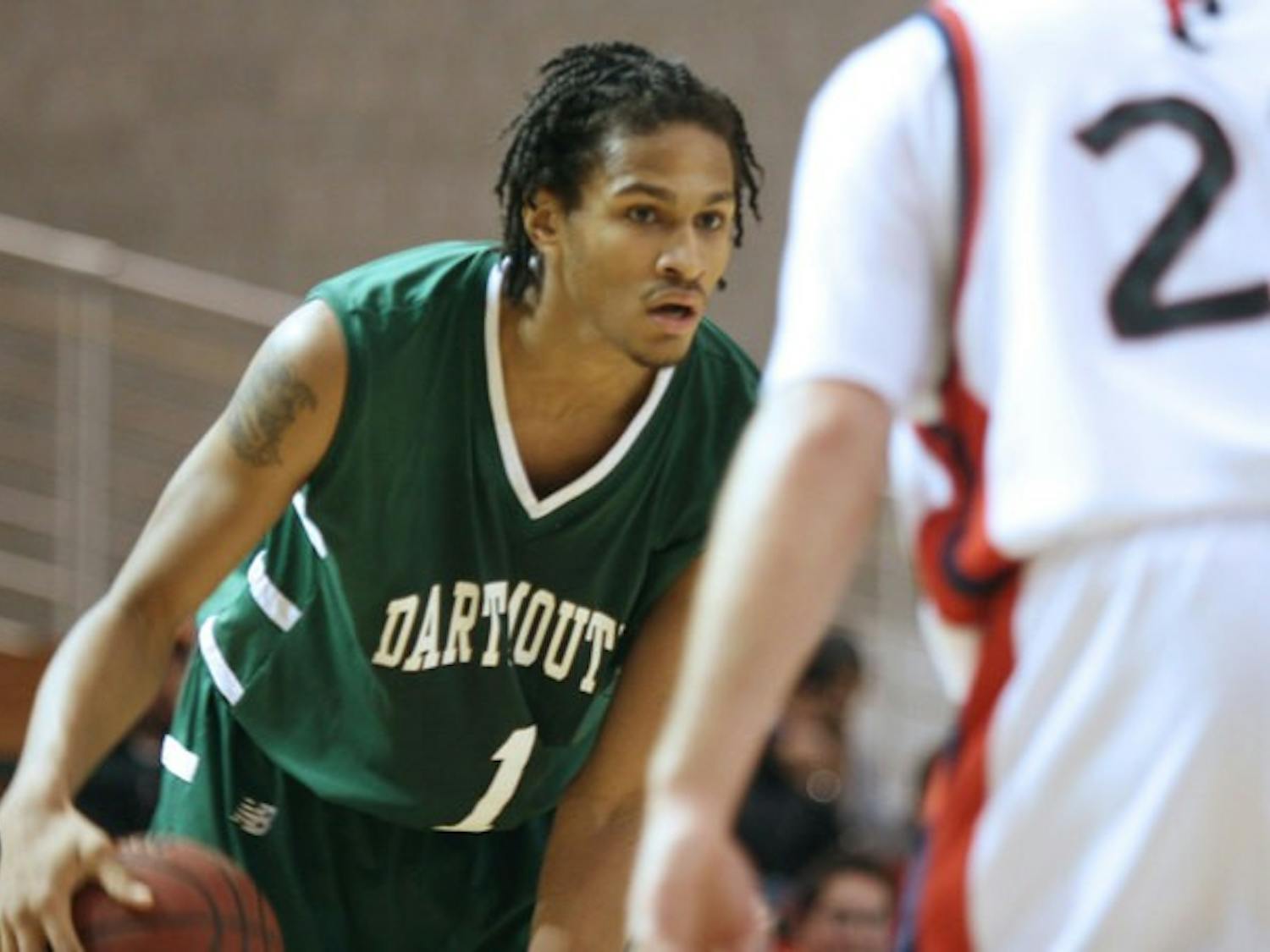Lecturers examine class inequalities in military
By Linzi Sheldon | November 13, 2006In a lecture challenging upper-class concepts of good citizenship, military wife Kathy Roth-Douquet and Marine Corps father Frank Schaeffer urged an audience in Rockefeller Center on Friday afternoon to think about the class inequalities in military service. According to their book AWOL: The Unexcused Absence of America's Upper Classes from Military Service -- and How It Hurts Our Country, less than one-third of one percent of Ivy League graduates enroll in the military each year. Roth-Douquet and Schaeffer emphasized the loss of a sense of national duty among the upper class, which they defined as a highly-educated group of people who have a myriad of lifestyle choices. "Increasingly, the military feels alienated by its upper classes.


